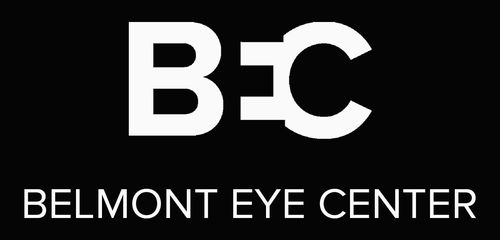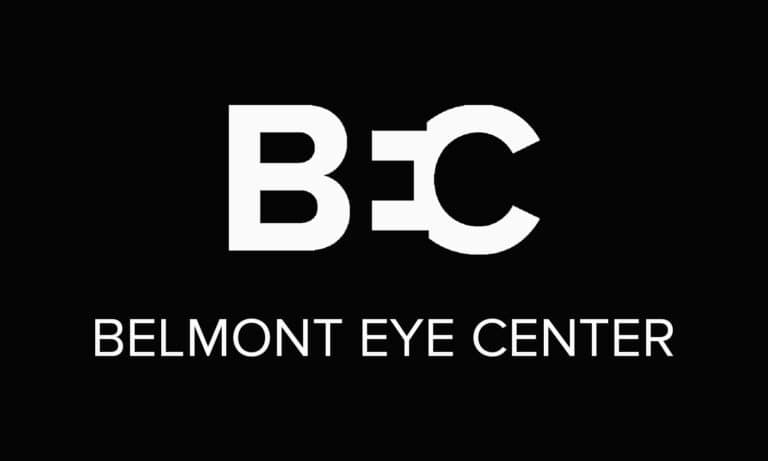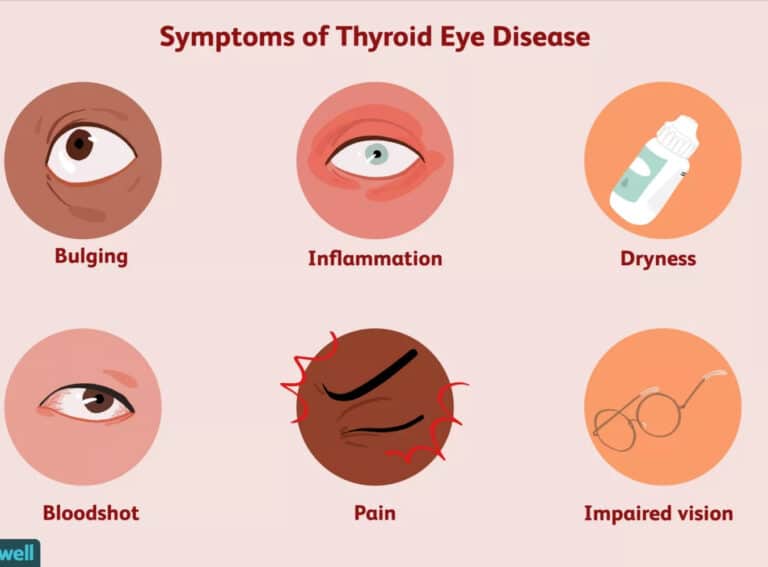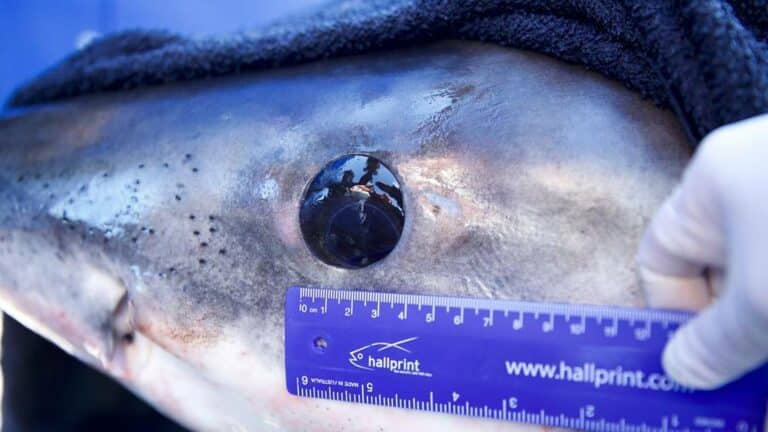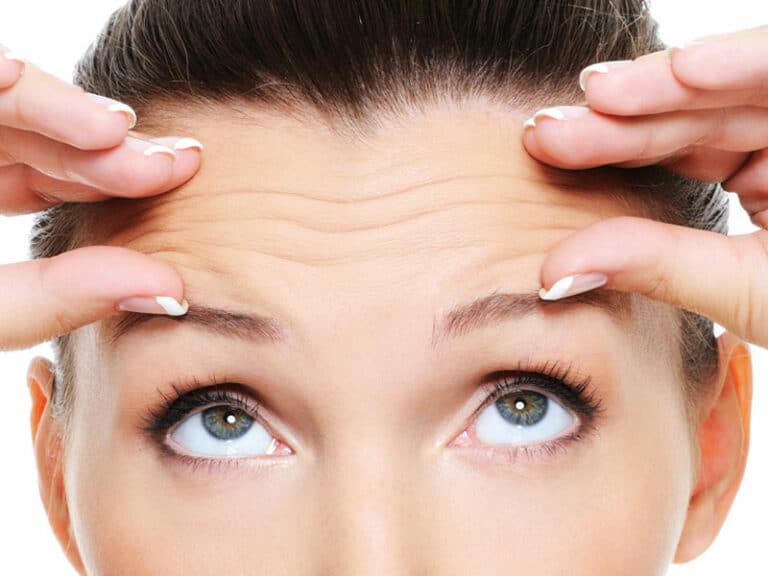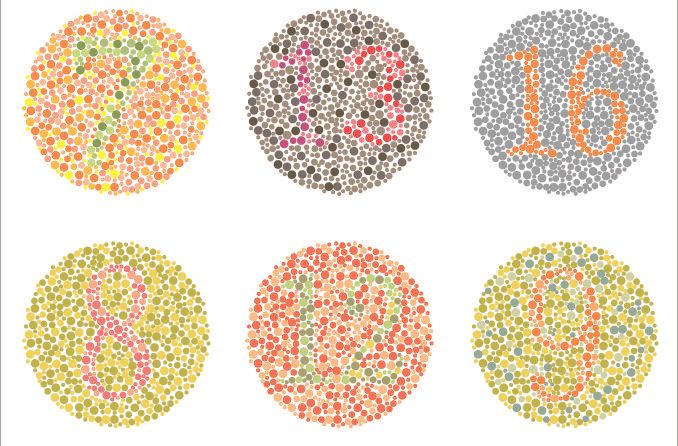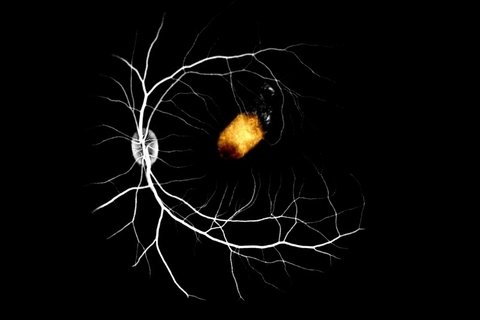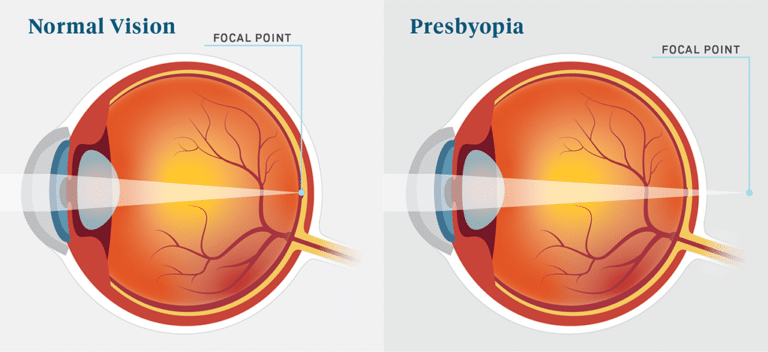Most People Don’t Use Marijuana for Glaucoma, Study Shows
[ad_1] If perception is reality, then it’s a good idea to know what people think about marijuana’s role in glaucoma therapy. A team of ophthalmologists and epidemiologists in Colorado, one of the 34 states that have… [ad_2] Source link
Read MoreLiving Retina Achieves Sensitivity and Efficiency Engineers Can Only Dream About
[ad_1] If you wanted to design the most perfect, low-energy, light-detecting device for a future camera or a prosthetic retina, you’d reach for something called ‘efficient coding theory,’ to set out the array of sensors. Or you could just look at a mammalian retina. In a pair of papers on retinal structure, Duke University neurobiologists…
Read MoreNIH-funded study shows screening device accurately detects amblyopia (lazy eye)
[ad_1] A handheld screening device that detects subtle misalignment of the eyes accurately identifies children with amblyopia (lazy eye), according to a study published in the Journal of American Association for Pediatric Ophthalmology and Strabismus. “The findings suggest that pediatricians and other primary care providers could use the device to catch amblyopia at an early…
Read MoreThyroid Eye Disease Surgery: Am I a Candidate?
Thyroid eye disease (TED) occurs in around around 40 percent of people with Graves’ disease. Depending on the type of TED you have and the severity of symptoms, different treatments are available. Surgery may be needed if TED is affecting the function or structure of your eyes. Intervention may be required if you have symptoms like: swelling…
Read MoreA Different Vision: How can you tell a great white shark is about to attack? It’s their eyes, experts say
Great white sharks have a creepy way of warning they’re about to attack — but it may come a little too late for anything, or anyone, close enough to see it. “They have the ability to roll their eye back when they encounter prey, to protect their eyes,” Mikki McComb-Kobza, of the Ocean First Institute, reported…
Read MoreDo Eye Exercises Improve Your Vision?
Can you really improve your vision with eye exercises? Eye muscles exercises have the potential to improve vision and delay the need for glasses, LASIK or contacts in some people. However, certain underlying conditions that affect vision cannot be fixed with eye exercise, including cataracts, farsightedness, myopia (nearsightedness) and astigmatism. READ MORE ABOUT THE TOPIC
Read MoreEye tests predict Parkinson’s-linked cognitive decline 18 months ahead
Simple vision tests can predict which people with Parkinson’s disease will develop cognitive impairment and possible dementia 18 months later, according to a new study by UCL researchers. The study, published in Movement Disorders, adds to evidence that vision changes precede the cognitive decline that occurs in many, but not all, people with Parkinson’s. READ FULL…
Read MoreResearch Eye stem cell transplant to treat blindness bolsters retinal function in monkeys
An international research team of scientists from Singapore’s Agency for Science, Technology and Research (A*STAR), the Icahn School of Medicine at Mount Sinai in New York and Germany’s Eye Clinic Sulzbach is using a type of stem cell in the eye to grow the pigmented layer of retina that’s essential for vision. The approach is…
Read MoreA number of approaches to relieving the symptoms of presbyopia are now in the pipeline
The race to find a treatment for presbyopia—or at least its symptoms—continues unabated. Monovision, in which one eye is given a distance focus and the fellow eye a slightly nearer focus, has been a popular way to address this for many years. That’s been true in part because the alternatives (multifocal intraocular lenses, for example)…
Read More